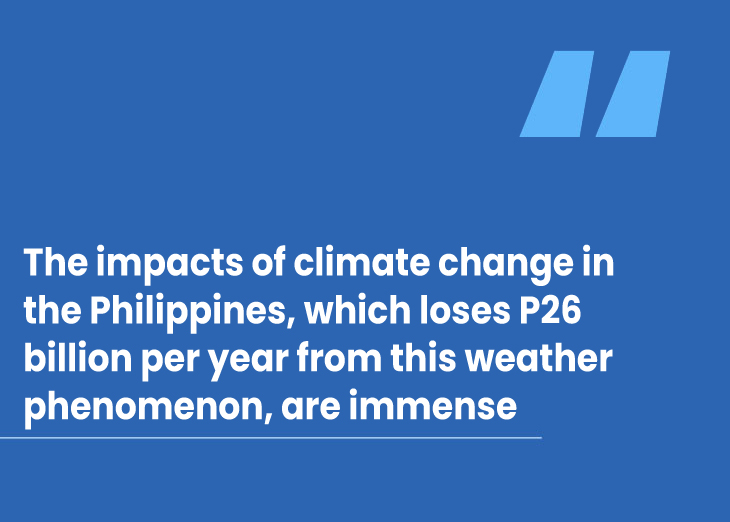It is a continuing disaster, as climatologists and analysts tell us.
And climate change is endangering humans and natural environments in every continent, and the United Nations says the world is running out of time to keep at bay the most devastating consequences of global warming.
Experts have raised the bulletin board that global warming impacts everyone’s food and water security.
They add climate change has been a direct cause of soil degradation, which limits the amount of carbon the earth is able to contain, pointing out that some 500 million people today live in areas affected by erosion, while up to 30 per cent of food is lost or wasted as a result.
The report, released by the UN Intergovernmental Panel on Climate Change, or IPCC, outlines the increasing risk that climate change poses to human health, infrastructure, the stability of food and water resources and the biodiversity of the planet’s ecosystems.
The assessment, produced by 270 scientists from 67 countries who make up the IPCC’s so-called Working Group II, represents broad consensus within the research community about how global warming is affecting people and the environment – and the potential consequences of inaction.
Beyond doubt, we have seen in recent months increased heatwaves, droughts and floods which are exceeding plants’ and animals’ tolerance thresholds, driving mass mortalities in species such as trees and corals.
Climate scientists who have been warning about the long-term and inequitable effects of global warming say the need for immediate and comprehensive action cannot be overstated.
Rising temperatures are fueling environmental degradation, natural disasters, weather extremes, food and water insecurity, economic disruption, conflict, and terrorism.
Sea levels are rising, the Arctic is melting, coral reefs are dying, oceans are acidifying, and forests are burning.
The impacts of climate change in the Philippines, which loses P26 billion per year from this weather phenomenon, are immense, including annual losses in GDP, changes in rainfall patterns and distribution, droughts, threats to biodiversity and food security, sea level rise, public health risks, and endangerment of vulnerable groups such as women and indigenous people.
This is due to the country’s high exposure to natural hazards (cyclones, landslides, floods, droughts), dependence on climate-sensitive natural resources, and vast coastlines where all of its major cities and the majority of the population reside.
We note the Philippines submitted its Nationally Determined Contribution to the United Nations Framework Convention on Climate Change in April 2021.
It pledged a projected reduction and avoidance of greenhouse gas emissions of 75 percent for the period 2020–2030, of which 2.71 percent is unconditional and 72.29 percent is conditional.

